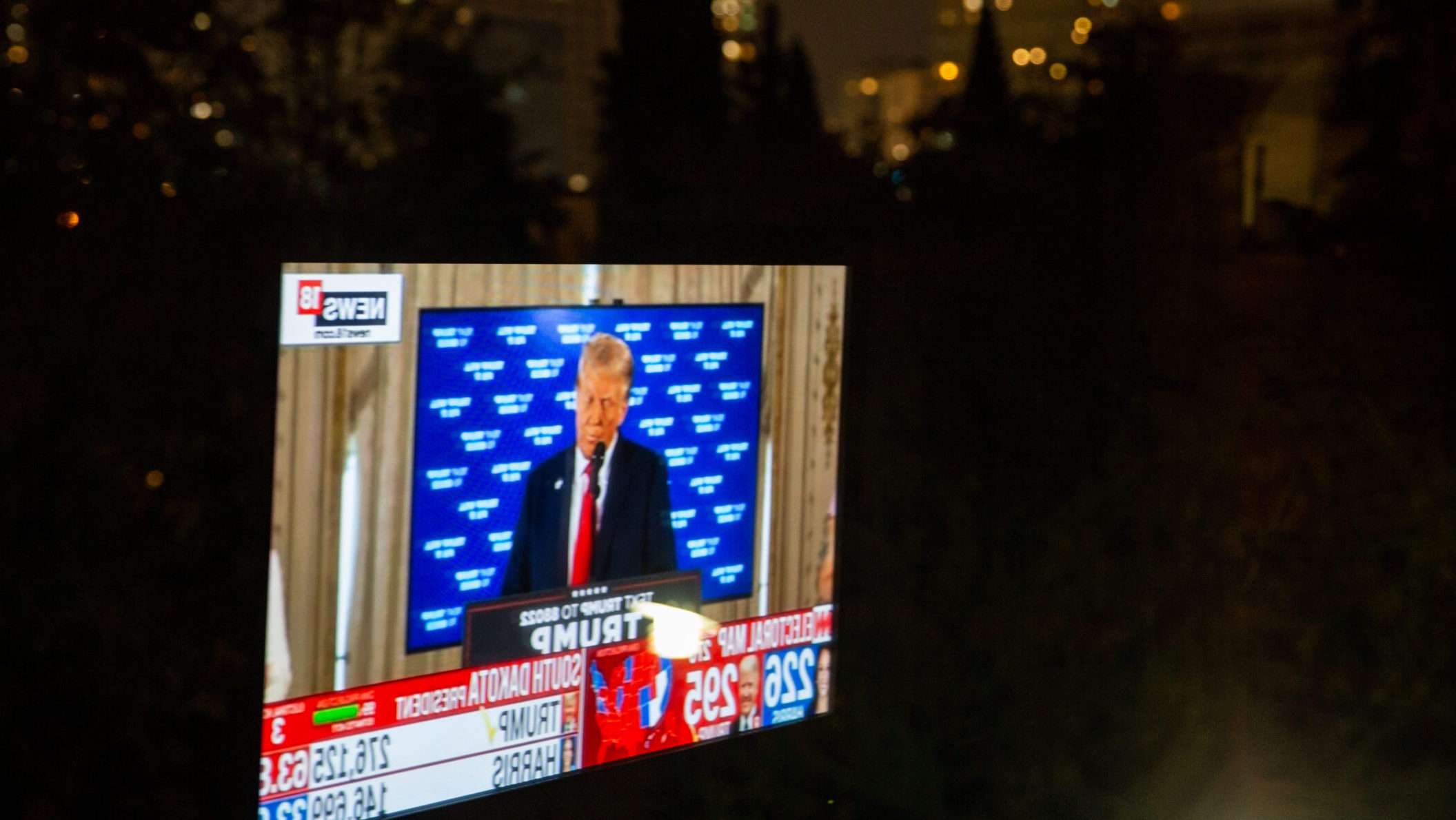Following This Election, Is America Still a ‘Indispensable’ Nation in the World?
In the recent presidential election, many Americans prioritized immediate economic concerns like inflation and housing costs over historical and political trends. Exit polls indicated that voters were primarily influenced by their financial situations, as lower-income groups, particularly those aligned with Donald Trump, sought an alternative to what they perceived as detrimental California-style liberalism. Despite being keenly aware of Trump’s substantial character flaws and an unsavory campaign marked by controversy, many voters rationalized their support based on his policy proposals. Trump’s focus on tax cuts, deregulation, and energy independence appeared appealing to his base, while I, as a libertarian, grappled with his troubling stances on civil liberties and tariffs amidst a broader comparison with Kamala Harris’s platform. Ultimately, Trump’s victory evoked a sense of melancholy within me, not solely based on the election result itself but on what it signified for the future of American democracy.
The apprehension surrounding Trump’s presidency is echoed in a commentary from the French newspaper Le Monde, which articulates concerns similar to those expressed by Alexis de Tocqueville in the 19th century. Tocqueville warned about the insufficient securities against tyranny within a society embracing unparalleled freedom. While I am not genuinely fearful of Trump governing tyrannically, his election presents a pivotal moment in American history, marking a shift away from the country’s longstanding role as a beacon of democracy and a model for the world. Le Monde insightfully posits that Trump’s presidency signals the closing chapter of an era characterized by America’s commitment to uphold its democratic ideals. This shift mirrors a retreat from the notion of the U.S. as a welcoming nation, founded on principles rather than ethnonationalism.
Echoing broader concerns, the editorial from Le Monde asserts that Trump’s worldview prioritizes American national interests over collaborative internationalism. Under his leadership, America is likely to adopt a stance defined more by transactional relationships and power struggles rather than value-led alliances. The consequences of this shift extend beyond diplomatic chatter; they risk destabilizing global norms in a world where American support for allies, such as Ukraine, may diminish in favor of forging relationships with authoritarian regimes like Russia. Should Trump adhere to the isolationist sentiments expressed during his campaign, the security of both Europe and democratic ideals globally could be jeopardized, while the American populace may remain indifferent to the international ramifications of these policies.
Historically, America’s prosperity has closely intertwined with its standing as a champion of liberty and its welcoming approach to immigrants and global trade. Trump’s political style, marked by erratic statements and contradictions, has created uncertainty surrounding his foreign policy intentions. His supporters believe they can discern moments when he is being genuine versus when he is bluffing, but this unpredictability complicates the assurance of his commitment to supporting freedom overseas. Trump’s cozy relationship with figures like Vladimir Putin only intensifies the unease that his presidency stirs regarding the defense of democratic principles both at home and beyond the U.S. borders.
Concerns regarding Trump’s worldview reflect a broader debate on American identity and the nature of its foundational ideals. Influenced by paleo-conservative rhetoric that asserts America’s uniqueness is derived from its cultural origins, I remain conflicted about the benefits of his proposed tax cuts and energy policies. While such measures may yield short-term advantages, they come at the cost of eroding the global image of America as a haven of liberty and democracy. The sentiment from Le Monde’s editorial encapsulates a melancholy realization that a significant chapter in American history is drawing to a close, fostering a society that increasingly puts self-interest above shared democratic values.
Ultimately, the outcome of the election serves as an acknowledgment of a societal shift that could redefine America’s role on the global stage. The idealism that characterized America’s identity as a welcoming superpower—one that embraced diversity and shared human principles—appears threatened under Trump’s leadership. His presidency has the potential to catalyze a transformation of the country into a more insular and pragmatic entity, prioritizing immediate national interests at a considerable cost to the cooperative spirit that once underpinned international relations. As these changes unfold, a cautious watchfulness is warranted for those who believe in the ideals that have historically represented America’s essence.
In conclusion, while some may find solace in Trump’s focus on familiar policies benefiting the economy in the short term, it is crucial to recognize the larger implications of this political shift. The election of Trump signals not just a change in policy but a profound alteration in the national ethos, steering America away from its legacy as a model for democracy and liberty. As we wrestle with the competitive political landscape of our time, safeguarding the democratic values and foundational principles that have long defined the United States becomes increasingly vital—especially amid an era that may prioritize transactional diplomacy and nationalistic sentiments over universal freedom and collaborative engagement. The reflections on the election underscore a complex interplay between immediate priorities and the broader narrative of America’s historical commitment to its ideals.
Share this content:












Post Comment